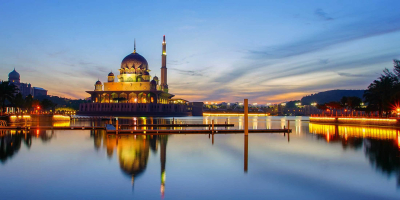Top 10 Liberian Culture, Customs, and Etiquette
Due to its small size (43,000 square miles) and estimated 4.5 million residents, Liberia is one of the least populous countries in Africa. The nation was ... read more...established in 1847 as a place for North American slaves to be brought back. The customs that the formerly enslaved people had acquired in North America during the era of slavery would be brought with them. The indigenous population's current culture was another factor. The various communities that inhabited the nation at the time of its founding are what gave rise to the variety of Liberia's culture. Here are some things to know about the Liberian Culture, Customs, and Etiquette.
-
All Liberians are guaranteed the right to religious freedom by the Liberian Constitution, therefore the government respects religious convictions and practices as long as they comply with the law. The Constitution's protection of religious liberty forbids the government from treating people differently based on their religious convictions. However, during the protracted civil war, there was an unprecedented level of religious persecution in the nation, with some people being tortured and others being burned alive for their religious convictions.
Christianity is the dominant religion in the nation with the most followers. At least 83% of people in the nation practice this faith. There are many adherents of denominations including the Roman Catholic, United Methodist, and Presbyterian in the nation. 12.2% of the populace is said to practice Islam, another significant religion in the nation. However, because it was introduced to Liberia in the 16th century, the religion has been practiced there for longer than Christianity has. Every year, the nation celebrates the Islamic holy days. The majority of people in the nation practice Malikite Sunni, a local branch of the Sunni religion.
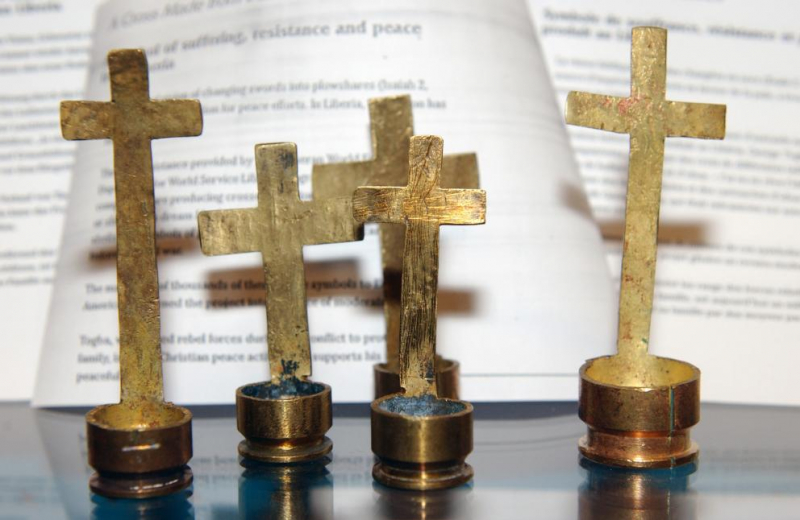
oikoumene.org 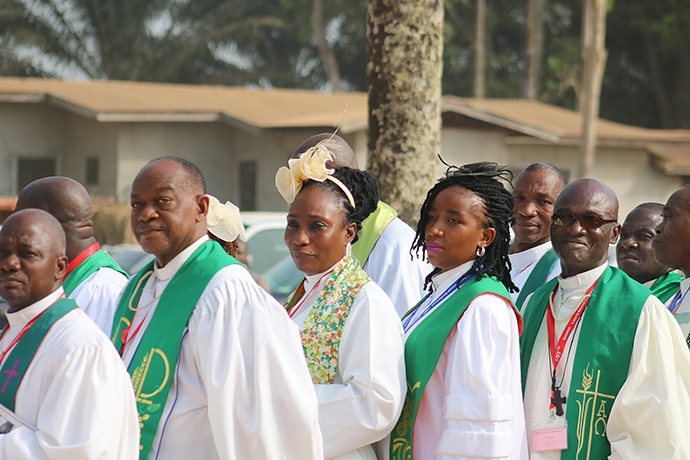
umnews.org -
The majority of the records from the time of British colonization have been retained in English, which is the official language of Liberia. More than thirty different languages are spoken in Liberia, which is a multilingual nation. More than 20 indigenous languages, which represent the many ethnic groups that make up more than 95% of the population, are spoken in addition to English, which is the official language. There is no clear majority among the other language groups. Four language families—Mande, Kru, Mel, and the divergent language Gola—can be used to classify the native tongues.
English has remained the most widely spoken language in Liberia ever since the nation was first established in 1824. Liberian Pidgin English, sometimes referred to as Liberian Kreyol language or Liberian English, is spoken by an estimated 3 million people in Liberia and is the country's official language. A pidgin language is a linguistically streamlined form of communication that emerges between two or more groups who do not share a common language. Typically, it has a restricted vocabulary and frequently borrows grammar from multiple languages. It is most frequently used in situations involving trade or when both parties speak tongues other than the national tongue of the country where they both dwell. A pidgin, whether it is created impromptu or by convention, is fundamentally a simpler form of verbal communication between individuals or groups of individuals.
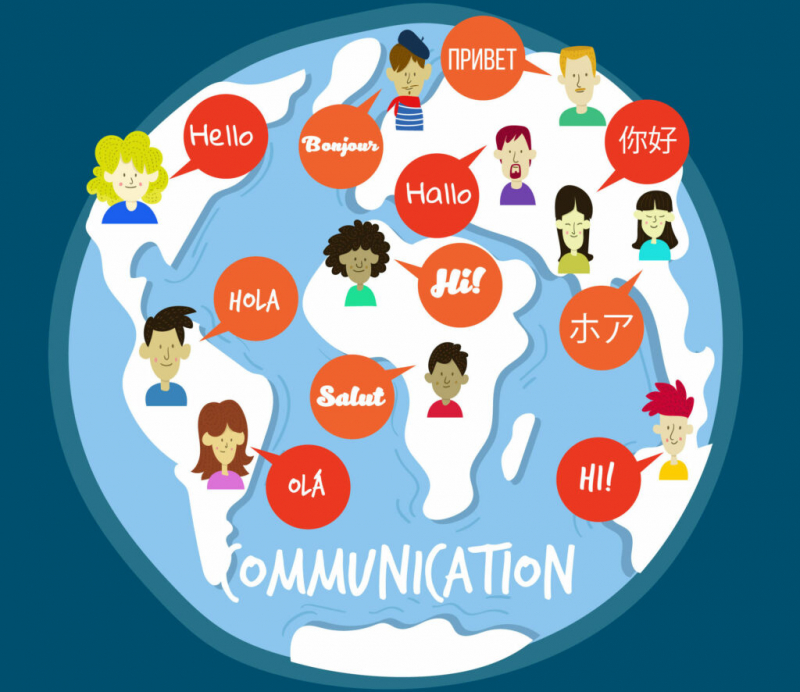
gurmentor.com 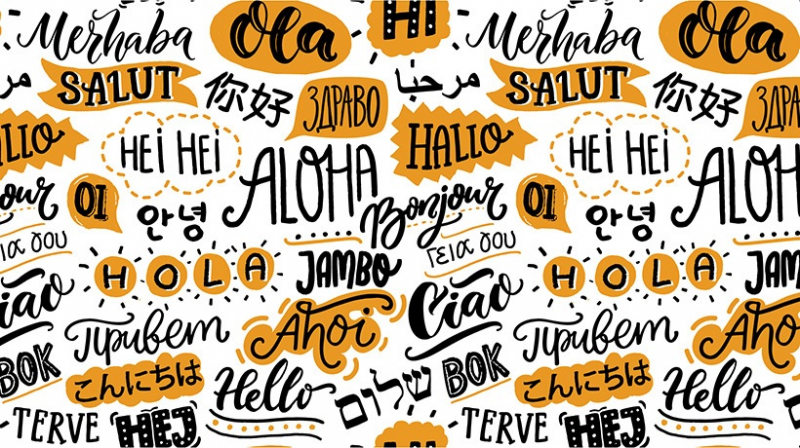
tailieuielts.com -
In honor of a significant figure or occasion in the history of the country, Liberians mark holidays and celebrate festivals. Every year, the nation's capital city plays host to the Monrovia Children's Day festival, which is conducted in honor of the country's young people. Thousands of kids from all around Liberia come together for the festival, which has a variety of kid-friendly events like live music, games, and competitions.
Independence Day, which is celebrated on July 26th every year, is a significant national holiday in this region. It is the most famous festival in Liberia and among the Liberian culture, customs, and etiquette. In addition, religious holidays like Christmas, Easter, and Eid al-Fitr are celebrated in Liberia. The nation was founded during the 19th-century slave repatriation, and as a result, it has tight ties with the United States. The celebration of "Thanksgiving Day in Liberia" is evidence of the close ties that exist between the two nations. The holiday is legally mandated to be honored, and it takes place annually on November 4.
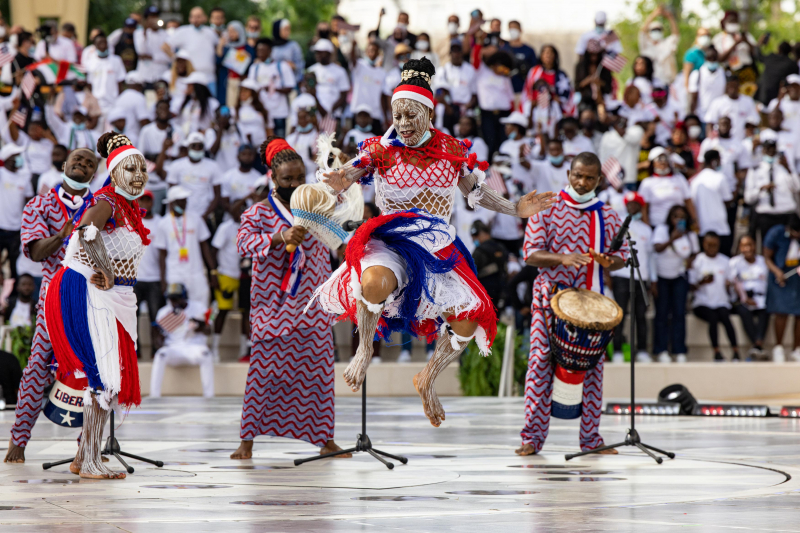
virtualexpodubai.com 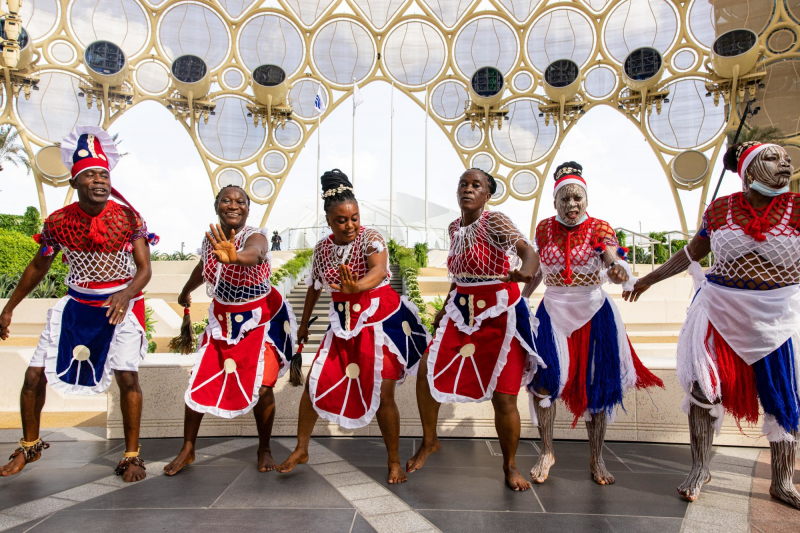
virtualexpodubai.com -
Another Liberian culture, customs, and etiquette that you must bear in mind is Liberian music. Highlife, a fusion of local and western music styles, is one of the most well-liked musical genres in the nation. When highlife music first appeared in Liberia in the 1950s, it became popular throughout the nation. Highlife music, a fusion of Latin American, West African, and North American styles, first appeared in Ghana, Sierra Leone, and Liberia in the 1950s. It was particularly popular among the Liberian Kru people, who were sailors who played the Spanish guitar, banjo, pennywhistle, harmonica, accordion, mandolin, and concertina.
Hip-hop is the most well-known type of western music that the young people of Liberia have adopted. The pioneering hip-hop musicians' appearance in the late 1980s laid the foundation for the genre in Liberia. The genre is referred to locally as "Hipco" and prominently incorporates regional languages. Hipco has been employed by influential musicians as a method of activism to critique governmental actions and the moral decline in society. However, a lot of Liberians, especially those who live in the country's rural areas, appreciate traditional music.
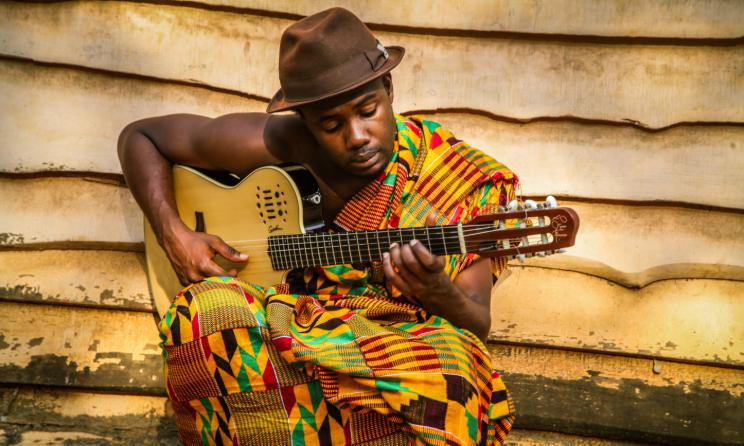
musicinafrica.net 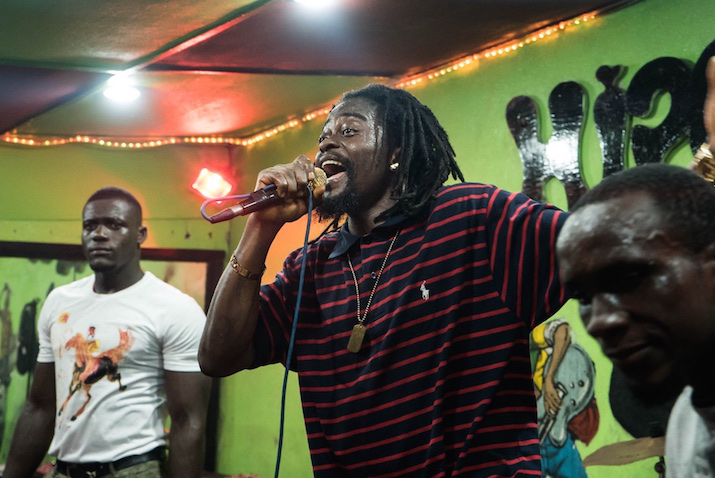
okayafrica.com -
In Liberia, traditional arts and crafts are primarily connected to secret societies like poro and sande, where masks and free sculptures represent the ancestors and the spirit realm. The majority of them are fashioned from a single piece of wood, but others include Christian and Islamic forms that may be seen in decorations made of metal and ivory on materials like fabric and animal skins. Liberian curved wood sculptures are influenced greatly by pre-modern history, folklore, proverbs, spirituality, and rural life, and exhibit the artist's keen eye for fine detail and linkages to the subjects of the sculptures. Additionally, both domestically and abroad, Liberian painters have become well-known for a variety of painting techniques, including abstract, perspective, and graphic
In Liberian Culture, human and animal-like forms in idealizing realistic or abstract expressionist styles are what defines art in general. The shape components can be seen in contemporary Liberian art as well as in commonplace items like baskets and ceramics. Winston Richards, Cietta David Mensah, and IKE Danquah are among the established artists in the nation.
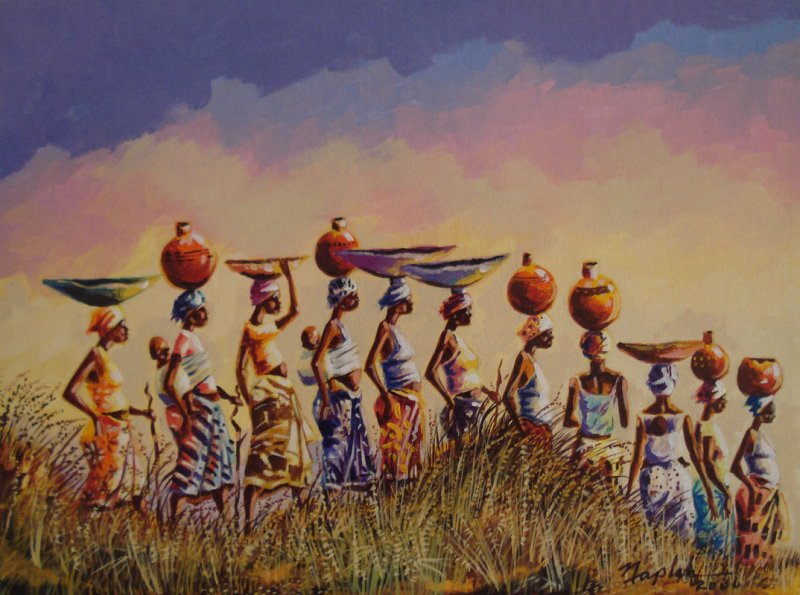
worldlyrise.blogspot.com 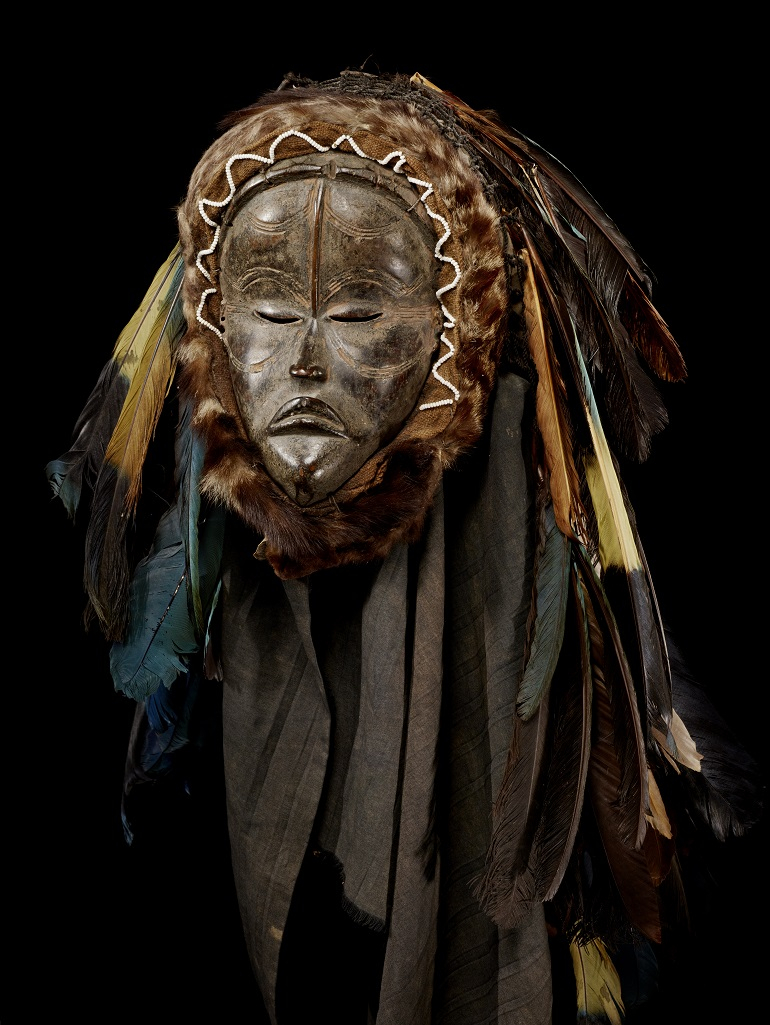
artmuseum.indiana.edu -
Liberians tend to dress more traditionally in rural regions than they do in metropolitan areas, where they are more likely to wear jeans and t-shirts. In the past, males wore loose round-neck shirts and short or long slacks. Long wrap skirts, or "lappa," and loose tops, or "bubba," are the traditional attire for women. A head wrap is an additional option. The vividly hued and patterned materials that make up West African clothing are legendary. Liberia has a hot, humid tropical climate because it is only 6 degrees north of the equator. Those who are traveling should have this in mind and pack light-colored, breathable clothing made of cotton or linen.
Compared to the US and Europe, Liberia tends to dress more conservatively. Shorts can be worn, although it's preferable if they come to your knees. In Liberia, women always keep their lower legs completely covered. Women should also be aware that clothing for women in West Africa typically fits looser than it does in many Western fashions. It is typically recommended to err on the side of modesty when visiting Muslim households or communities in Liberia.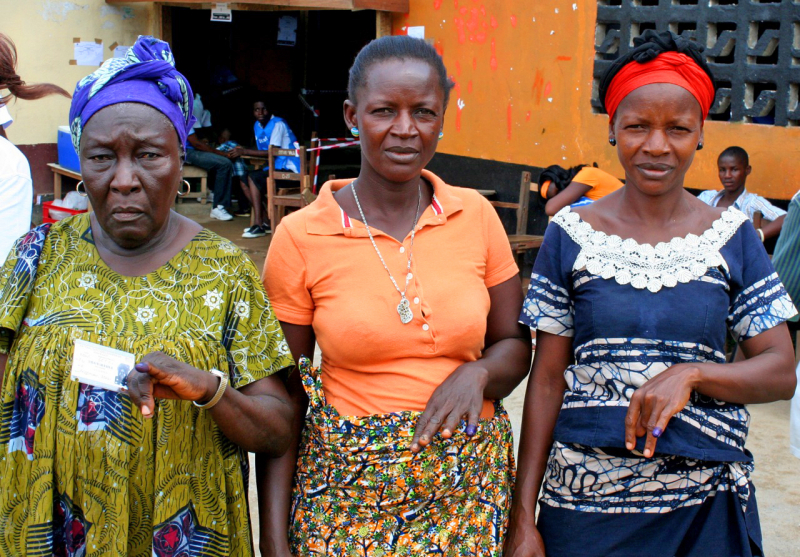
sfcg.org 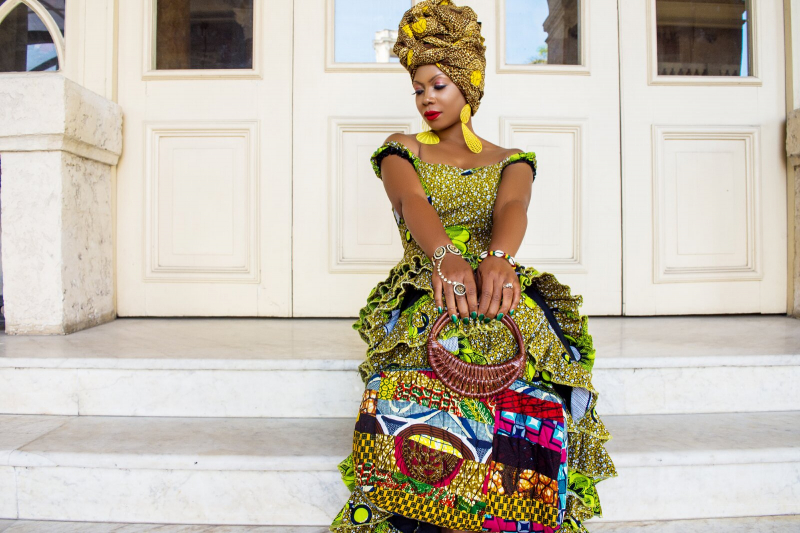
sarleamah.com -
A large portion of the nation's significant literary works are kept in the Liberian National Museum. The museum was founded in 1958 by former president William Tubman and is tucked away in the capital city. The museum's current exhibits are only a small portion of the thousands of objects that were once kept there. During the Liberian Civil War, an estimated 5,000 objects from the museum are thought to have been stolen and never recovered. There are now only 100 significant objects left in the museum, including the first national flag of the country, which predates the country itself, and a table that Queen Victoria gave that is more than 250 years old.
A significant part of Liberian literature's canon is poetry. Many writers have expressed themselves in many poetic forms. They frequently enliven their publications with their own distinctive viewpoints, writing styles, and observations of the physical and spiritual realms. The well-known writers from Liberia also write in a variety of genres that span several decades.

blog.ipleaders.in 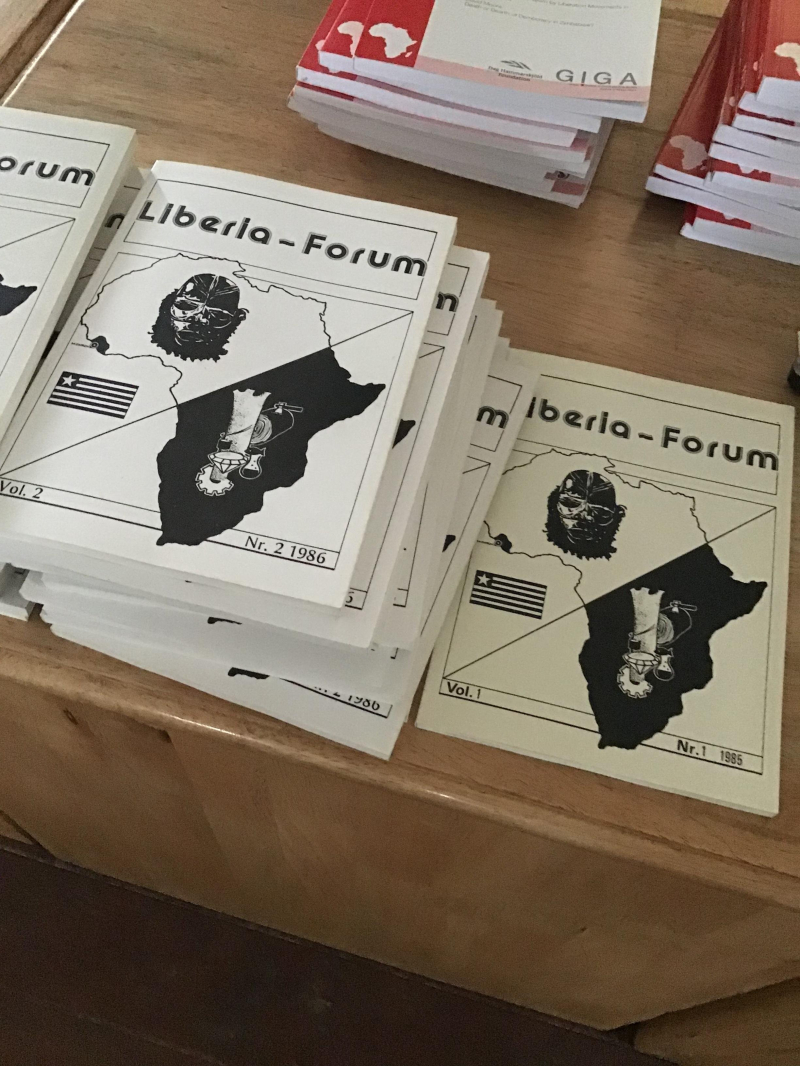
liberianobserver.com -
Belief is also one of the Liberian culture, customs, and etiquette that you should know before traveling to Liberia. Despite their outward declarations of Christian identity, the "great majority" of Liberians believe in a supernatural world populated by ancestors and bush spirits that have an impact on daily life. In Liberian Culture, with the exception of the Krahn ethnic group, which has its own secret society, ethnic groups in all regions of Liberia participate in the traditional religious rites of the Poro and Sande secret societies.
"Liberian religious culture is characterized by a tendency toward secrecy (encapsulated in the concept of fa mo - "do not mention it") and a deeply entrenched belief in the interference of enigmatic powers in human events." Both elite and non-elite Liberians frequently blame events on the actions of shadowy forces and powers. "Beliefs include the notion that a person has deep-seated secrets that only priests, diviners, and other knowledgeable people can unlock. This assumes that everything that exists or occurs in the physical world has roots in the spirit world ".
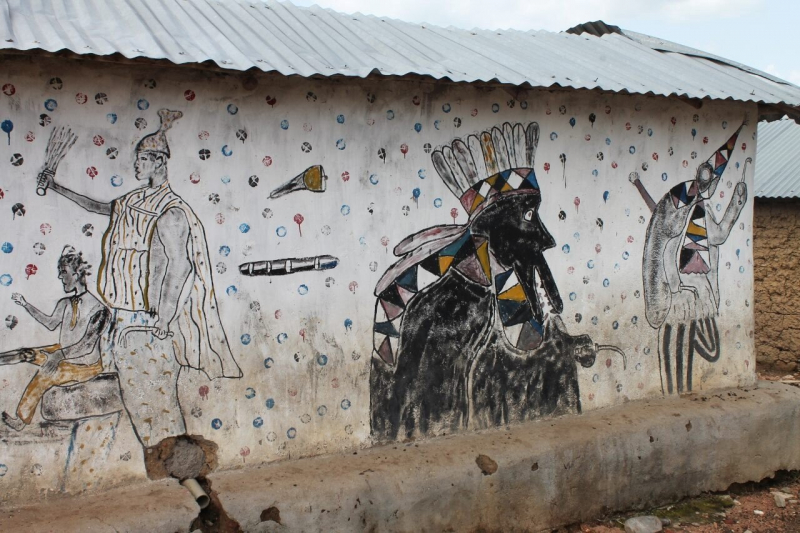
medium.com 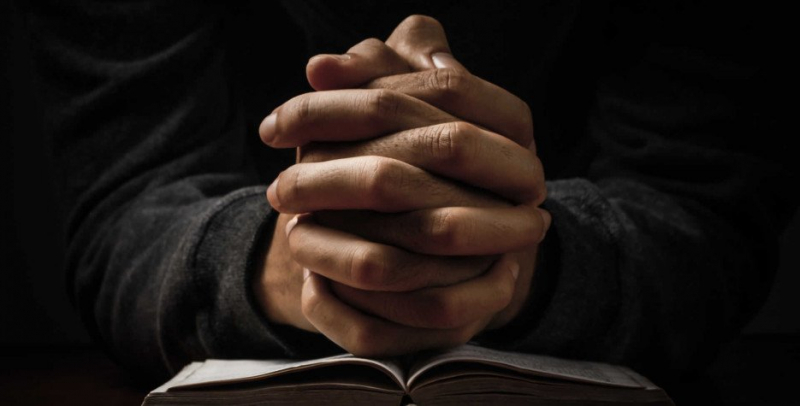
officeholidays.com -
Soccer is the most played sport in Liberia, similar to the majority of Africa. George Weah is the most well-known player from Liberia both inside and beyond its borders. This Liberian striker has won several soccer awards. He was selected as Liberia's first FIFA World Player of the Year in 1995. In addition, he won the titles of European Player of the Year in 1995, African Player of the Century, and African Player of the Year three times (1989, 1994, and 1995). In 1996 and 2002, the Liberian national football team also advanced to the Africa Cup of Nations. All of Liberia's sporting events are held in the renowned Samuel Kanyon Doe Sports Complex.
Basketball and athletics are two other sports that are well-liked in Liberia. The Olympic Games are the most prestigious international athletic event there. With the exception of 1968, 1976, and 1992, Liberia has participated in the Summer Olympic Games since 1956 but has not yet sent competitors to the Winter Olympic Games.
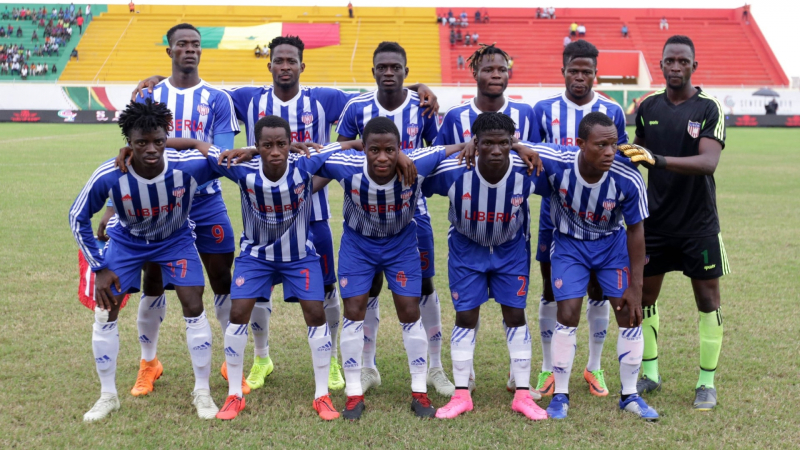
goal.com 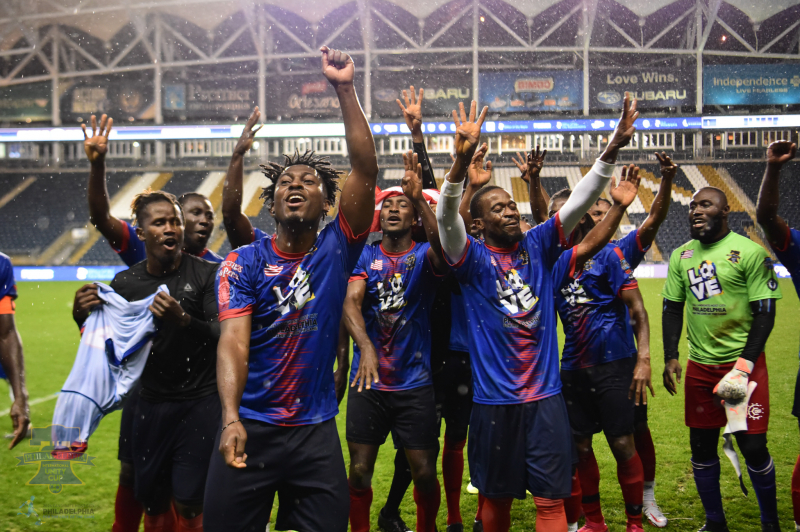
billypenn.com -
The immediate and extended families make up the household in Liberia. Depending on the family's income, a typical household may have one person or more than that. In rural places where it is normal for males to take on more than one wife, there will often be much more children than the typical family of four to five. Before becoming financially independent and moving out after they get married, children live with their parents. While it is normal for women to be married as young as 14 or 15, in cities, getting married before the age of 18 is against the law.
Liberia has a very conventional view of family responsibilities. Men are expected to contribute the majority of the household's finances and to have the most control over the home and family. Every aspect of childcare and domestic work is assumed to be done by women. Only women are allowed in the kitchen. Women working outside the house is becoming increasingly prevalent in metropolitan areas. Rural women are frequently encouraged to work in agriculture and become housewives at a young age.
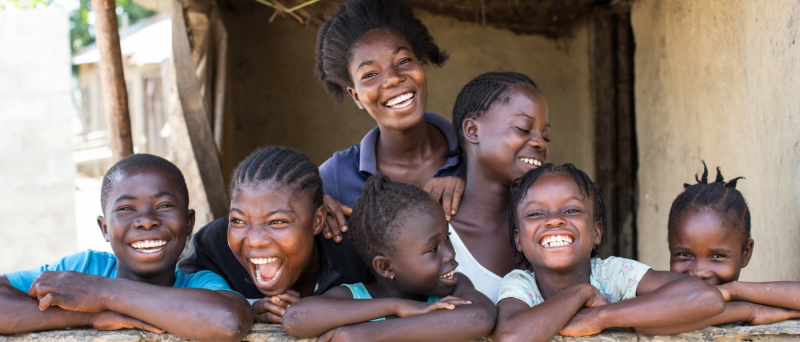
zoeempowers.org 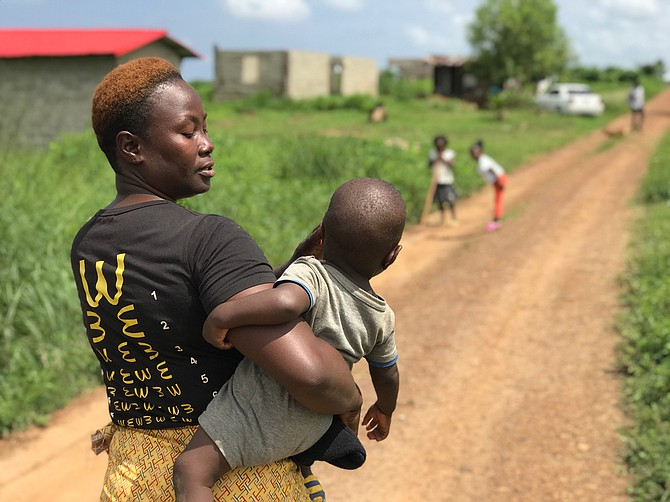
jacksonfreepress.com































